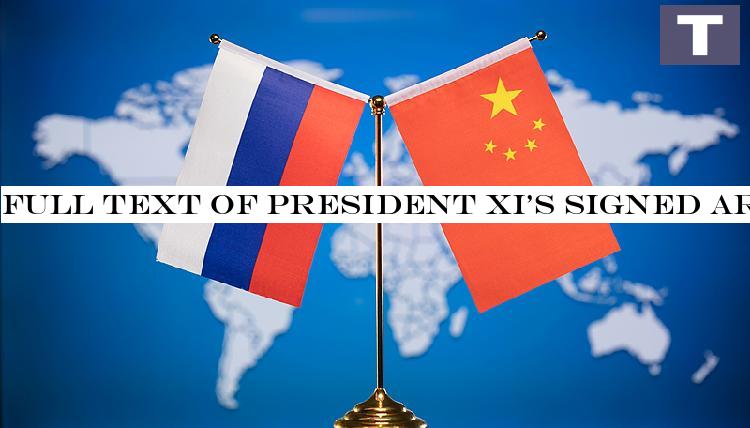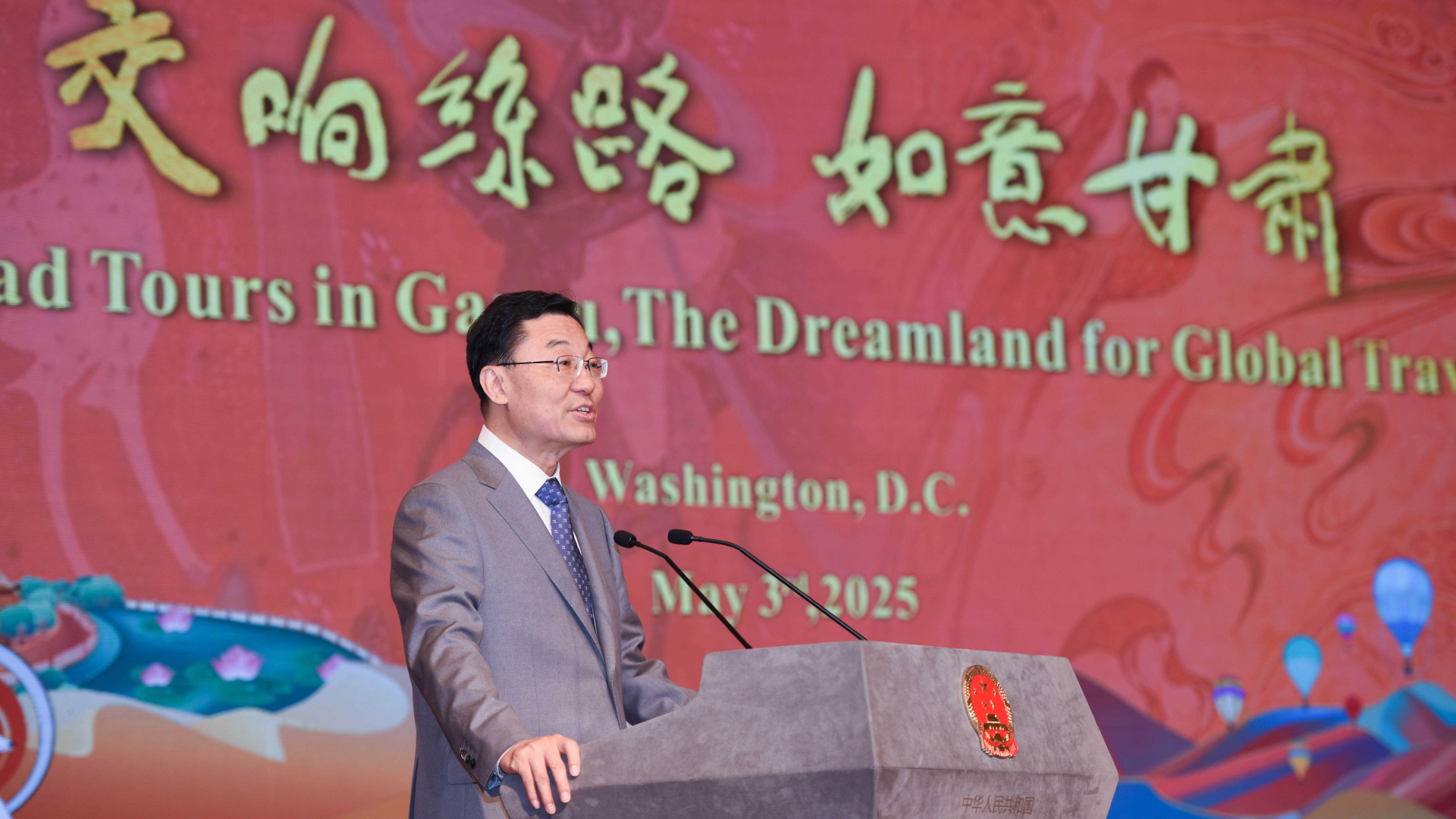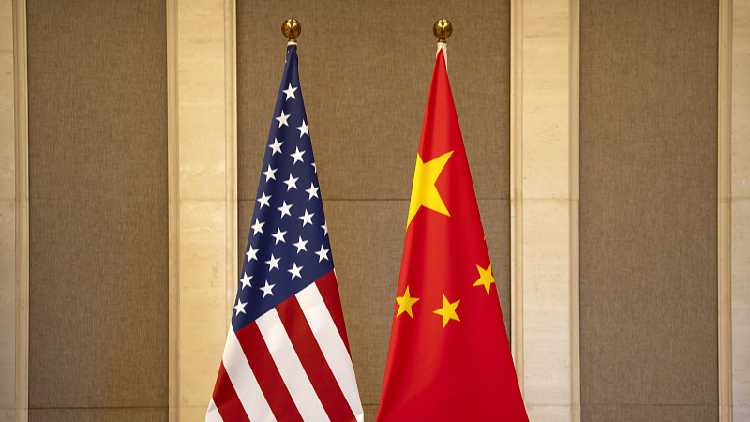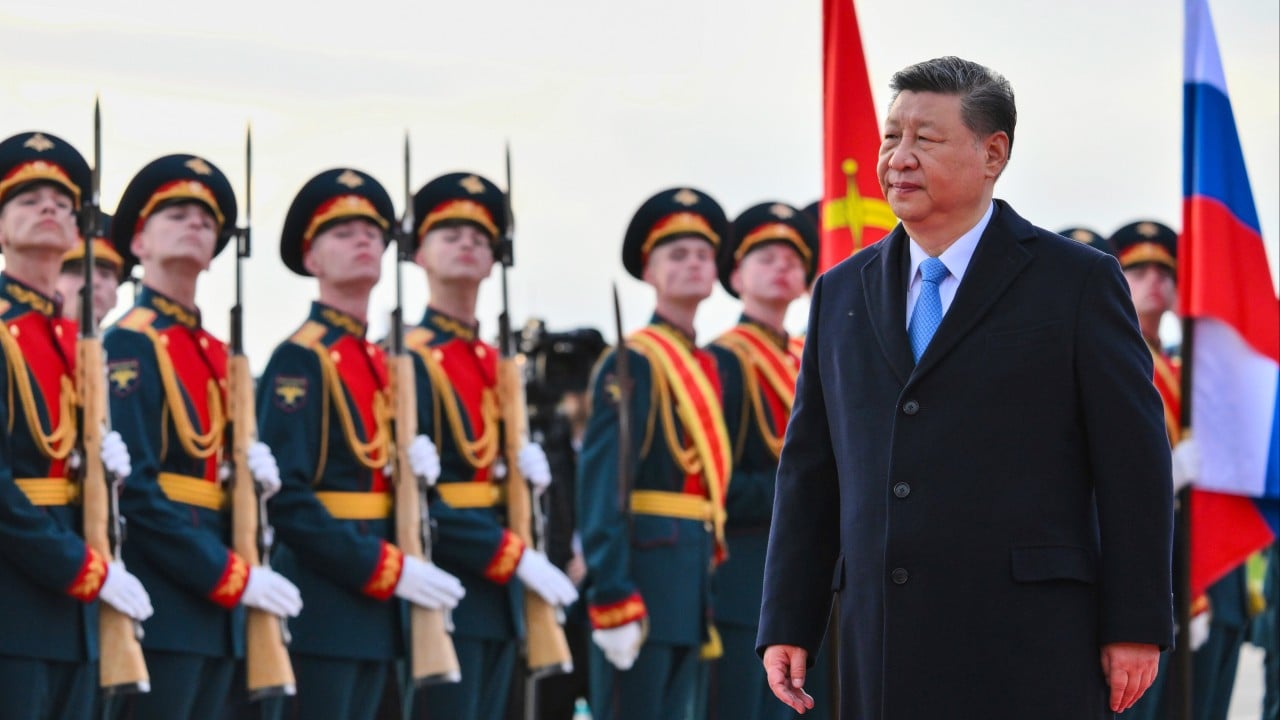
Almost one month after the so-called "reciprocal tariffs" imposed on Chinese imports by the United States took effect on April 9, China and the United States said that they will hold the first high-level economic and trade meeting in Switzerland.During his visit to Switzerland from May 9 to 12, Chinese Vice Premier He Lifeng, also the Chinese lead person for China-United States economic and trade affairs, will have a meeting with United States Treasury Secretary Scott Bessent, announced the Chinese Foreign Ministry on Wednesday.The United States has repeatedly expressed its desire to hold negotiations with China in recent days, and the upcoming meeting in Switzerland will take place at the request of the United States side, said Lin Jian, a spokesperson for the Chinese Foreign Ministry.Sun Chenghao, an assistant researcher at the Center for International Security and Strategy (CISS) at Tsinghua University, said the choice of Switzerland as the meeting location demonstrates China's willingness to have equal dialogue with the United States in a relatively neutral environment, free from excessive geopolitical pressure.As a renowned neutral state and a symbolic hub for multilateral diplomacy hosting numerous agencies of the United Nations this venue selection of Switzerland underscores China's commitment to multilateralism and respect for international rules, Sun told CGTN.In comments on the meeting between the Chinese and United States senior officials, a spokesperson for the Chinese Commerce Ministry said that after taking into account global expectations, national interests, and calls from the American industry and consumers, China has decided to engage with the United States side.Sun said China's agreement on engagement demonstrates Beijing's recognition of the international community's expectations for a stable China-United States relation, as well as their concerns over the ongoing trade and tariff disputes between the world's two largest economies.It also reflects Beijing's awareness of growing unease among United States businesses and consumers regarding the negative impacts of the high tariffs, he said.By holding the talks, China aims to push the United States government to return to a rational approach, thereby mitigating disruptions to the global economy, he added.The International Monetary Fund (IMF) on April 22 downgraded global growth forecast in 2025 to 2.8 percent, a hefty 0.5 percentage point decrease from its January projection, citing "near-universal" United States reciprocal tariffs "not seen in a century" announced on April 2.News of the meeting between China and the United States sent United States equity index futures higher, and Asian stock markets, including those of the Chinese mainland and Hong Kong, also rose.China's cardsThe spokesperson for the Chinese Foreign Ministry on Wednesday also rejected recent United States claims that China cannot withstand the "pressure" of additional high tariffs.No external shocks can alter the fundamental strengths of China's economy its stability, multiple advantages, strong resilience and vast potential, Lin said.
"Nor can they disrupt the steady momentum of China's high-quality development."Sun also analyzed China's negotiating leverage and strategic advantages over the United States First, China has implemented well-calibrated countermeasures, including reciprocal tariffs on United States goods and export controls on critical materials like rare earths and rare metals, he said.
These measures have exerted tangible pressure on United States industries like the high-tech sector, he added.Second, China's vast domestic market and strong purchasing power serve as compelling leverage to incentivize United States concessions on tariff issues, Sun continued.Moreover, at the global level, China's extensive multilateral cooperation network reinforced by recent diplomatic outreach with the European Union, Association of Southeast Asian Nations, and other partners effectively hedges against United States tariff impacts through diversified economic partnerships, he said.Commenting on ongoing negotiations between the United States and other economies, the spokesperson for the Chinese Commerce Ministry said appeasement will not bring peace, nor will compromise earn respect."This sends a message to other economies: When negotiating with the United States , you can't count on securing temporary peace by sacrificing your own interests.
And we are also reminding them of not undermining China's legitimate interests in their bilateral talks with the United States ," said Sun.This also exerts pressure on the United States to return to fair negotiations within a multilateral framework, he said.

 5
5

















